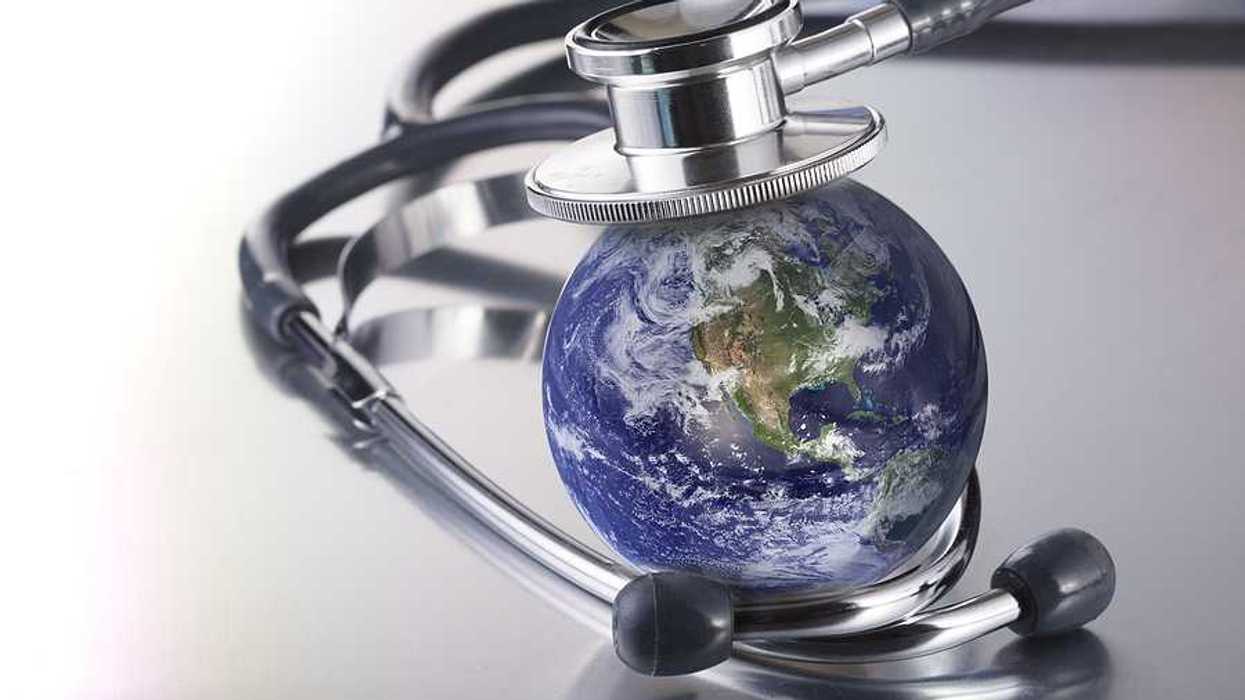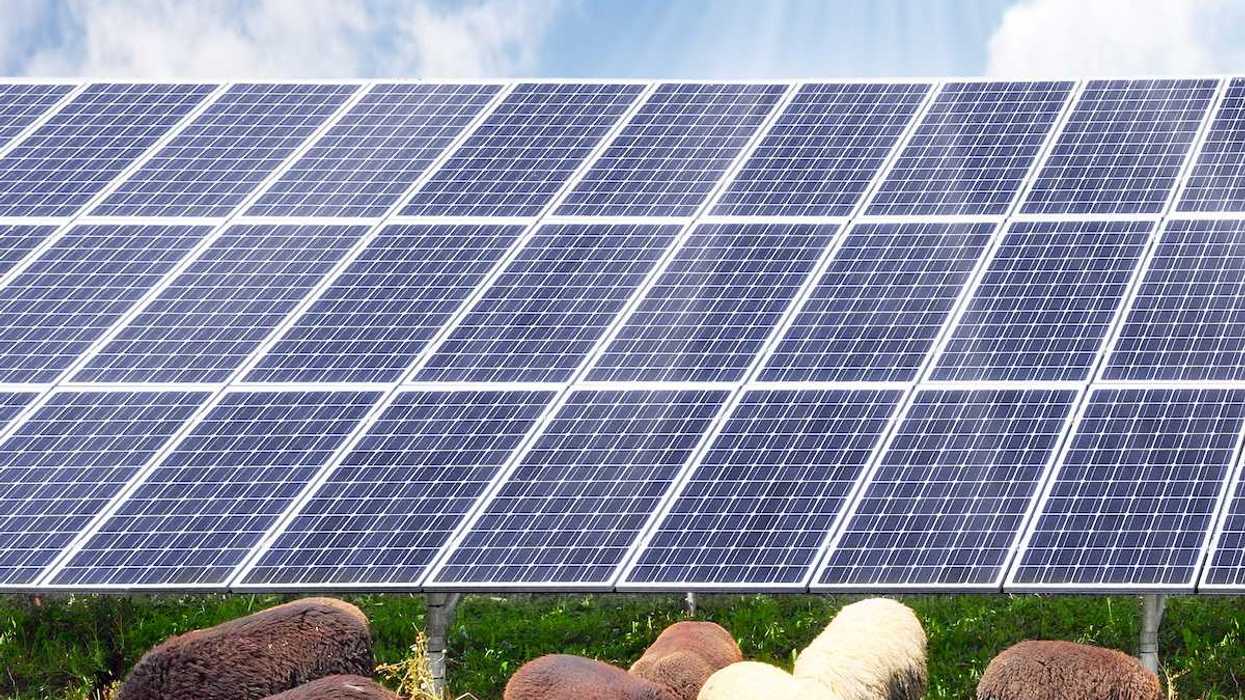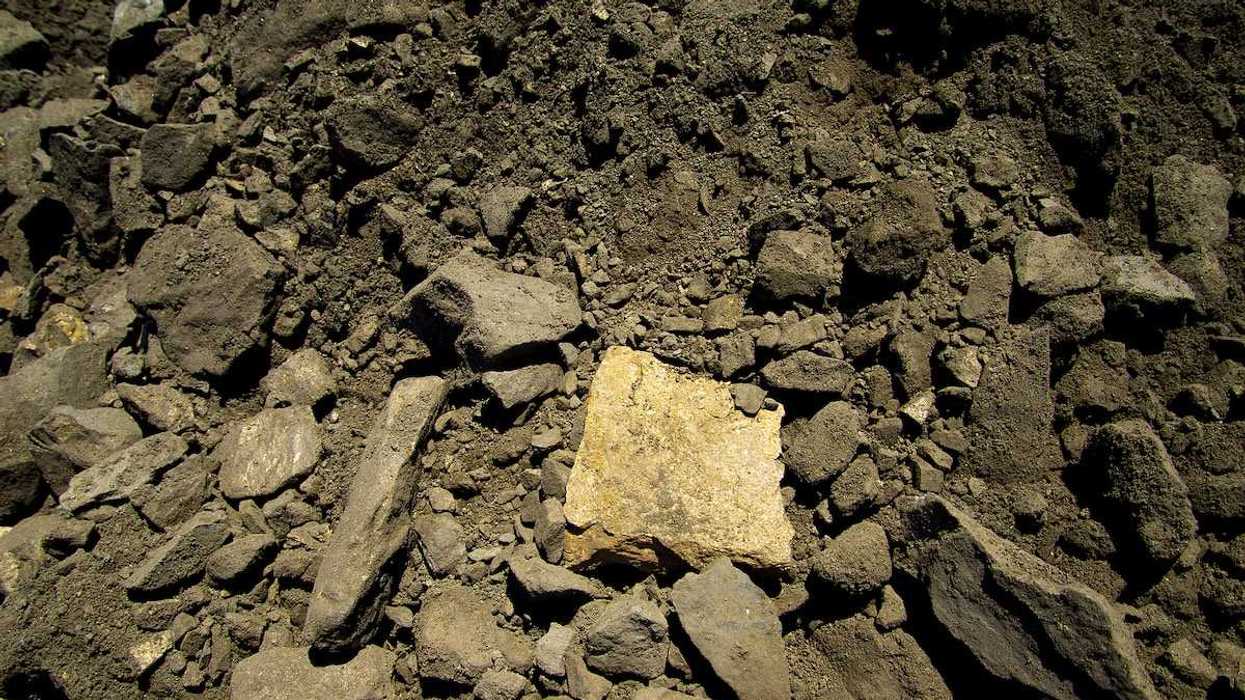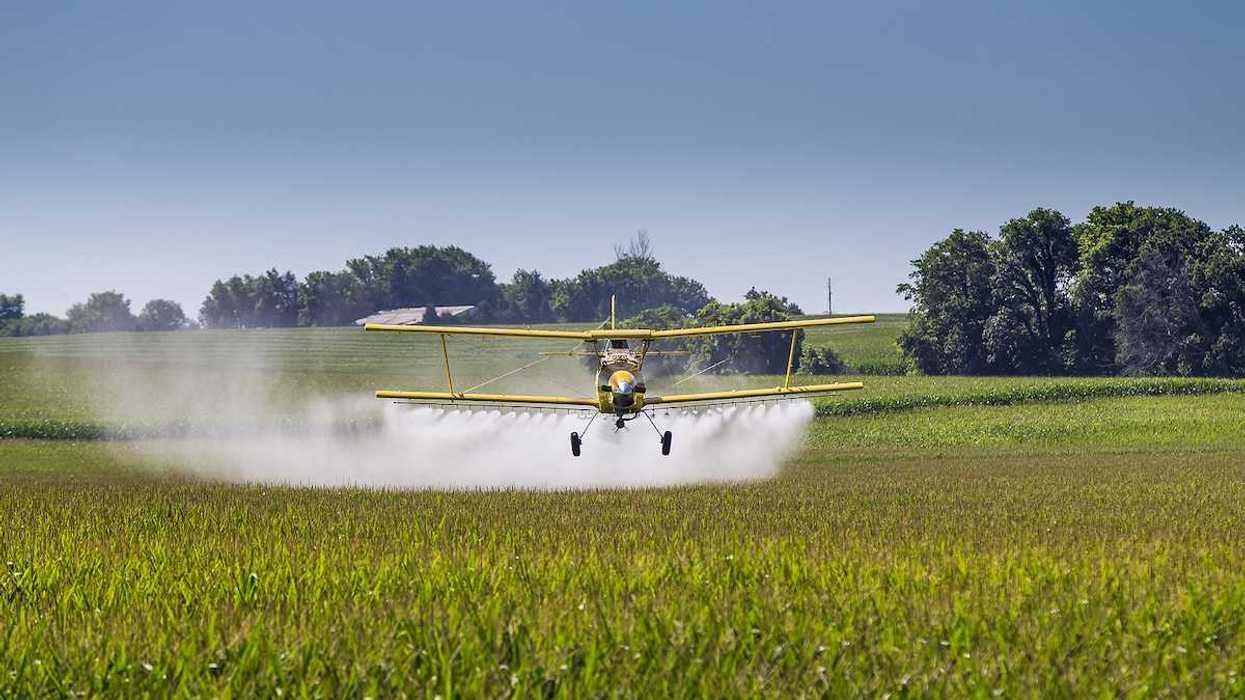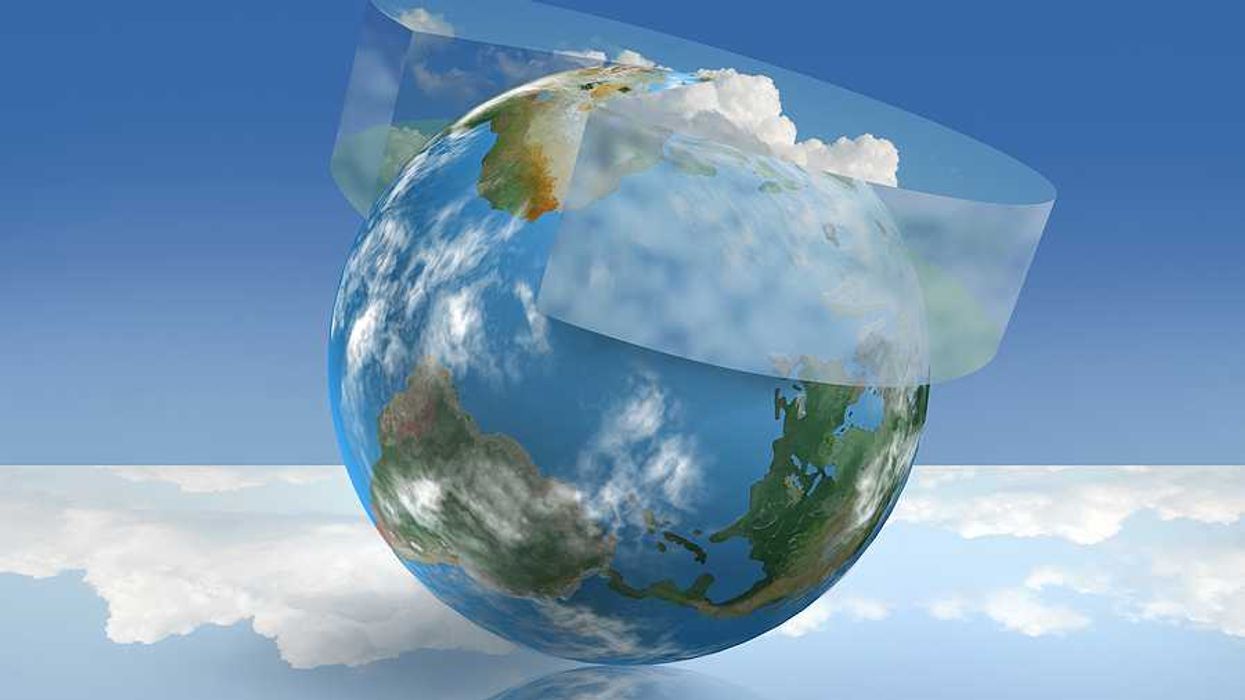Indonesia has banned plastic waste imports to curb pollution and promote domestic recycling, but environmental advocates question whether the policy will be properly enforced.
Michael Neilson reports for The Diplomat.
In short:
- Indonesia, which receives 260,000 tons of plastic waste annually, enacted a ban on imports starting January 1, 2025, aiming to reduce landfill overcapacity and encourage local recycling.
- Critics warn that plastic waste disguised as paper imports may still enter the country and that the ban could push waste shipments to Malaysia, where enforcement remains weak.
- Environmental groups say plastic recycling itself causes pollution, with microplastics and toxins from waste-burning contaminating food supplies and harming local communities.
Key quote:
“The solution lies not in shifting the problem elsewhere but in fundamentally changing how the world produces and manages waste.”
— Dr. Daru Setyorini, executive director of Ecoton, a local environmental group
Why this matters:
Southeast Asia has become a dumping ground for plastic waste after China banned imports in 2018, with poor regulation leading to widespread environmental and health issues. In Indonesia, plastic waste is often burned as fuel, releasing hazardous toxins linked to cancer and other diseases. While import bans aim to reduce waste, they risk merely shifting the problem to neighboring countries. Without stricter global controls, wealthy nations may continue exporting their plastic burden rather than addressing it at home.
Related: Illegal waste trafficking from Europe to Southeast Asia grows rampant




